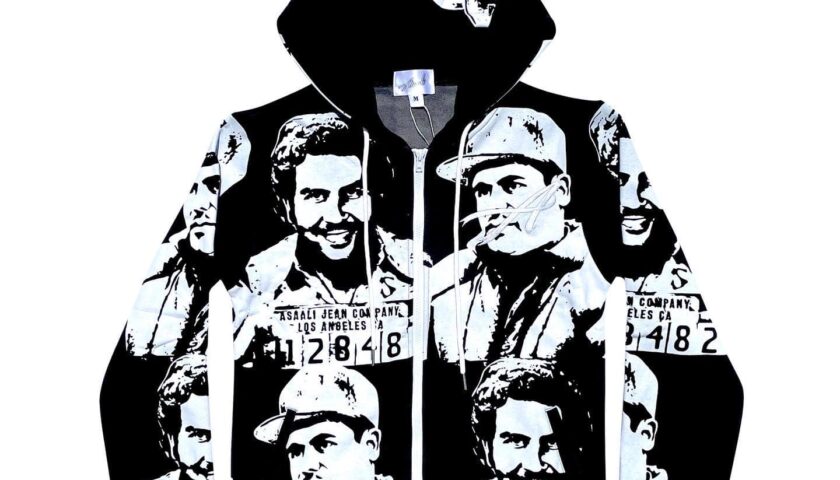Introduction
The internet has transformed the way we communicate, think, and perceive reality. One of the most powerful and pervasive elements of online culture is memes. While memes were initially regarded as simple jokes or visual snippets of humor, they have evolved into something far more profound. Enter “Memesense”—a concept that encapsulates the cognitive and psychological impact of memes on human thought and collective consciousness.
Memesense refers to the way memes influence individual and societal perspectives, shaping opinions, emotions, and even behaviors. In this blog, we will explore the phenomenon of Memesense, its origins, impact on communication, role in politics and marketing, and its potential future in the digital landscape.
The Origins of Memes and the Birth of Memesense
The term “meme” was first coined by British evolutionary biologist Richard Dawkins in his 1976 book The Selfish Gene. He defined a meme as an idea, behavior, or cultural element that spreads from person to person, much like genes propagate in biological evolution. With the advent of the internet, memes took on a digital life of their own, rapidly spreading across platforms like Reddit, Twitter, Instagram, and TikTok.
Memesense emerges from the idea that these viral snippets of information do more than entertain—they condition our cognitive responses. They act as micro-messages, influencing public discourse, reinforcing stereotypes, shaping opinions, and sometimes even driving social change.
Memes as a Language of the Digital Age
One of the reasons memes have become so influential is their ability to condense complex ideas into simple, easily digestible formats. This has given rise to a new form of digital language that transcends linguistic and cultural barriers. Memes provide a shared context, allowing users from different backgrounds to relate to the same visual or textual cues.
For example, reaction memes like the “Distracted Boyfriend” or “This Is Fine” dog communicate entire narratives in a single image. They enable rapid communication of emotions, opinions, and even critiques of societal norms. The brain processes images faster than text, and the repetitive exposure to memes conditions individuals to think in the patterns they reinforce—a core aspect of Memesense.
The Role of Memes in Political and Social Movements
Memes have evolved beyond humor and entertainment; they now serve as powerful tools for activism and political discourse. From the Arab Spring to the Black Lives Matter movement, memes have played a crucial role in mobilizing people, spreading awareness, and even shaping elections.
Political campaigns and advocacy groups have increasingly leveraged memes to disseminate messages quickly. Memes often condense complex political arguments into witty, engaging formats that resonate with a broad audience. For instance, during the 2016 and 2020 U.S. elections, both sides of the political spectrum used memes to influence voter perceptions and discussions.
However, the power of Memesense also has a dark side. Misinformation and propaganda can spread just as easily through memes. Due to their inherently shareable nature, memes can reinforce false narratives, manipulate public sentiment, and exacerbate political polarization.
The Impact of Memes on Marketing and Consumer Behavior
Brands have also recognized the power of Memesense in influencing consumer behavior. Companies now use memes as a marketing strategy to make their brands more relatable, engaging, and shareable.
Take Wendy’s Twitter account, for example. By adopting meme culture and engaging in witty, meme-driven interactions with competitors and customers, Wendy’s has transformed itself into a social media powerhouse. Similarly, brands like Netflix and Duolingo have leveraged memes to stay relevant and appeal to younger demographics.
The psychology behind meme marketing is straightforward: people are more likely to engage with and remember brands that evoke emotions, especially humor. The viral nature of memes allows brands to reach a massive audience organically, reducing the need for expensive advertising.
Memesense and the Human Mind
At a cognitive level, memes shape thought patterns through repetition and reinforcement. The continuous exposure to a particular meme can condition individuals to think in specific ways. For example, memes that satirize work culture (like “Monday blues” memes) reinforce collective attitudes towards work-life balance, stress, and corporate culture.
Moreover, memes have the power to create and reinforce stereotypes, both positive and negative. The way different groups are portrayed in memes can influence public perception, making them an essential tool in the construction of social narratives.
Additionally, Memesense plays a significant role in echo chambers. Social media algorithms curate content based on user preferences, meaning individuals are often exposed to memes that align with their existing beliefs. This reinforces biases and creates ideological bubbles, where alternative perspectives are rarely encountered.
The Future of Memesense
As artificial intelligence and augmented reality continue to evolve, the landscape of memes will also transform. AI-generated memes are already emerging, creating personalized humor and content tailored to individual users. This raises questions about authenticity, manipulation, and the ethical implications of meme-driven persuasion.
In the future, we may also see the rise of interactive memes that adapt based on user reactions. Memes could become more immersive, integrating with virtual and augmented reality experiences to further shape digital culture and influence behavior.
Conclusion
Memes are far more than just funny images on the internet; they are a powerful form of cultural transmission that shapes the way we think, communicate, and engage with the world. Memesense—the cognitive and psychological impact of memes—demonstrates that memes are capable of influencing public opinion, political movements, marketing strategies, and even individual behavior.
Understanding the power of Memesense allows us to be more critical consumers of digital content. As memes continue to evolve, it is essential to recognize their influence and use them responsibly. Whether for humor, activism, or marketing, memes are undeniably a defining feature of our digital age, and their impact will only grow in the years to come.
What do you think about Memesense? Have you noticed its effects on your thoughts and interactions? Share your insights in the comments!



